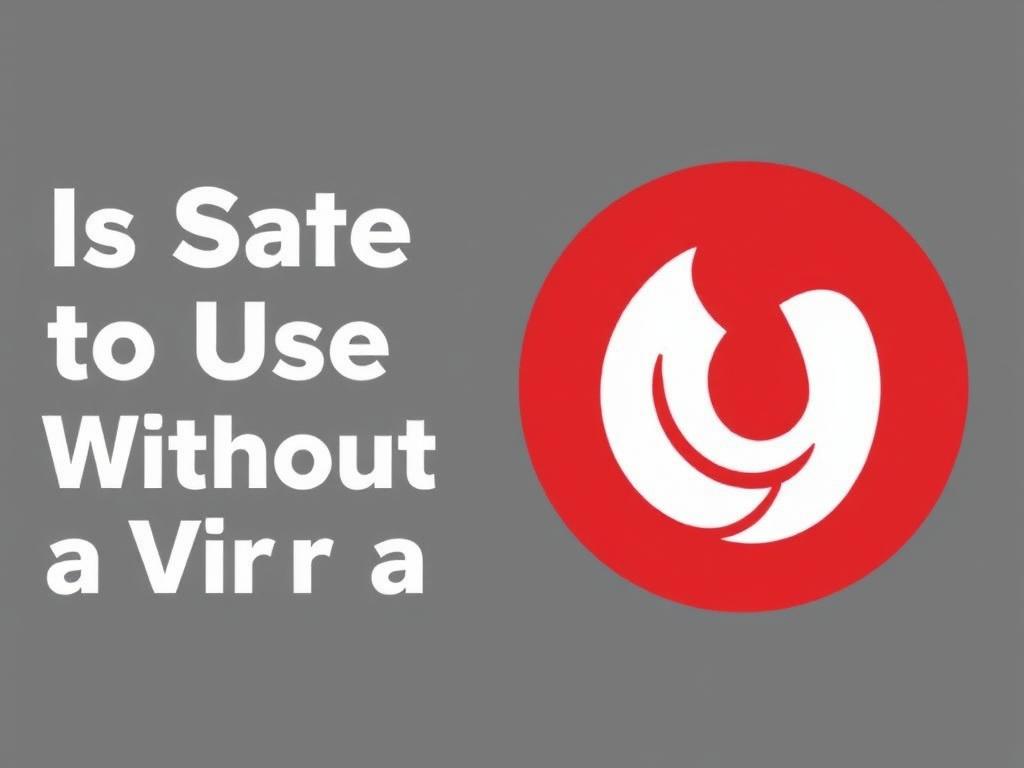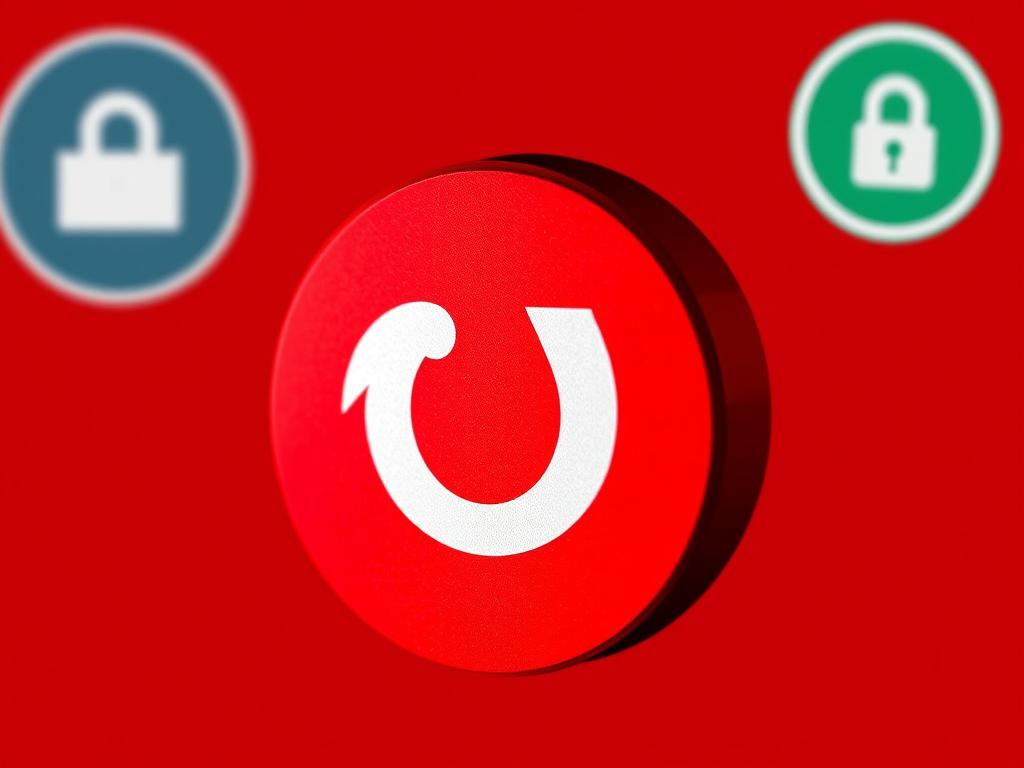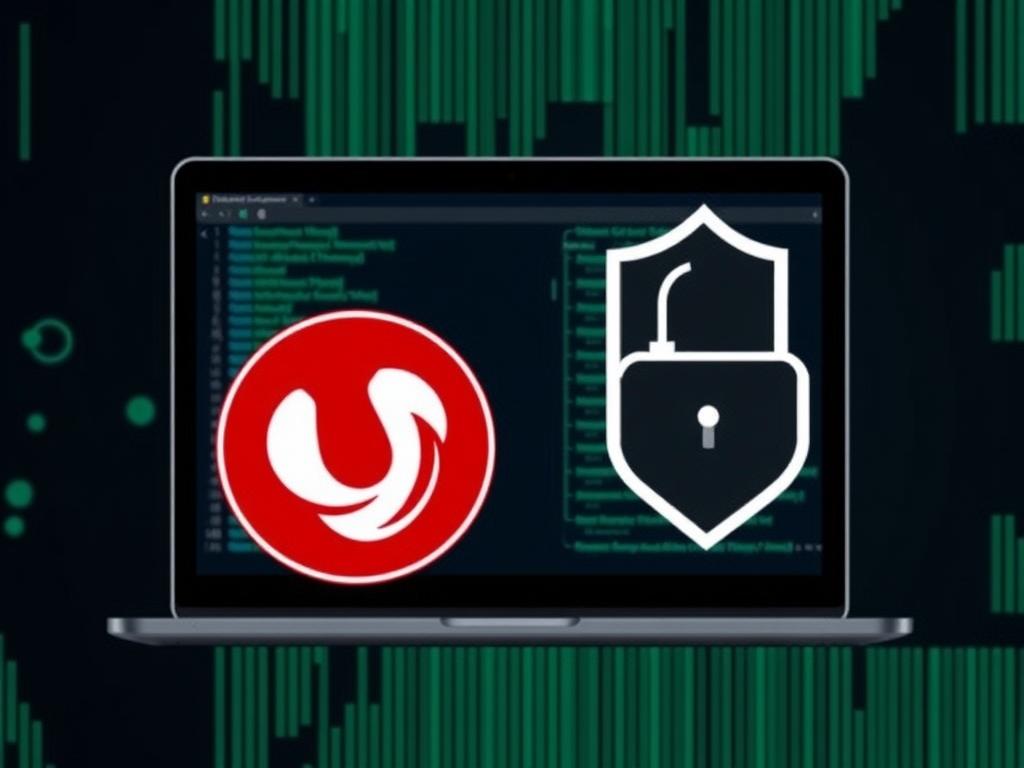If you’ve ever downloaded files through peer-to-peer (P2P) networks, you’ve probably heard of uTorrent. It’s one of the most popular BitTorrent clients around, allowing users to download and share files quickly and easily. But a question that often arises is: Is it safe to use uTorrent without a VPN? This is an important topic because while uTorrent itself is legal, how you use it and the security precautions you take can significantly impact your privacy and safety online. Let’s unpack this issue step by step, using straightforward language that anyone can follow.
Understanding uTorrent and How It Works
Before diving into safety concerns, it’s good to understand what uTorrent actually does. uTorrent is a lightweight software that helps you download files from other users by connecting you to multiple peers sharing the same file. This means your computer not only downloads data but also uploads it to others, making the process faster and more efficient than downloading from a single server.
However, this sharing nature can also mean your IP address (which identifies your device on the internet) is visible to everyone else on the network. That’s where privacy concerns start. Unlike some other types of internet traffic, torrenting exposes you to the public, making it easier for others to track what you’re downloading or uploading.
What Are the Risks of Using uTorrent Without a VPN?

Using uTorrent without a VPN comes with several risks you should know about. Here’s a breakdown to make it easier to digest:
- Privacy Exposure: Your real IP address is displayed publicly to other users. This leaves your physical location and ISP visible to anyone who cares to look.
- ISP Throttling: Many internet service providers (ISPs) monitor torrent traffic and slow down your connection (throttle your bandwidth) when they detect torrenting activity, leading to slower speeds.
- Legal Risks: Depending on your geographic location, downloading copyrighted content without permission can lead to fines or legal action. Some countries are stricter than others.
- Increased Vulnerability: Your computer might be more susceptible to hackers as torrent networks can sometimes expose open ports or other weaknesses.
To summarize these risks surface in the following table:
| Risk | Description | Potential Impact |
|---|---|---|
| Privacy Exposure | Your IP address is visible to peers in the torrent swarm | Location tracking, loss of anonymity |
| ISP Throttling | ISPs detect torrent traffic and slow your connection accordingly | Slower download and upload speeds |
| Legal Issues | Downloading copyrighted content without permission | Fines, warnings, or legal action |
| Security Vulnerabilities | Potential exploit of open ports or malware via torrents | System compromises, malware infection |
What Does a VPN Do and How Does It Help With uTorrent?

VPN stands for Virtual Private Network, and it acts like a secure tunnel between your computer and the internet. When you use a VPN, your internet traffic is encrypted and routed through a remote server operated by the VPN provider. This process hides your real IP address from others and masks your online activity from your ISP or potential snoopers.
When it comes to using uTorrent, a VPN helps by:
- Masking your IP address: Peer networks see the IP of the VPN server, not your personal one.
- Encrypting traffic: Ensuring your ISP can’t easily detect or throttle torrent downloads.
- Enhancing privacy: Keeping your torrenting activity more anonymous, reducing legal risks.
- Improving security: Some VPNs block malicious websites or contain malware filters.
Are Free VPNs Enough For uTorrent?
If you’re thinking of using a free VPN, be cautious. While they might seem like a cost-effective solution, free VPNs often come with serious limitations such as:
- Data caps that limit torrenting
- Slow connection speeds
- Weak encryption standards
- Potential logging policies that collect your data
- Advertisements and malware risks
For serious uTorrent users, opting for a reputable paid VPN service often makes more sense. Paid VPNs frequently offer no-log policies, faster speeds, and stronger privacy protection features.
Best Practices When Using uTorrent Without a VPN

If, for some reason, you decide to use uTorrent without a VPN, there are still several precautions you can take to limit your risk:
- Choose Verified Torrents: Avoid files from suspicious sources to reduce malware risk.
- Use a Firewall and Antivirus Software: Keep your system secure at all times.
- Disable Seeding After Download: Uploading files increases your exposure; stopping this reduces risk.
- Block Incoming Connections: Limiting incoming connections can improve security settings.
- Check Local Laws: Be aware of your country’s rules regarding torrent downloads.
Common Myths About Using uTorrent Without a VPN
There are several misconceptions floating around about using uTorrent safely without a VPN:
Myth 1: “No One Cares About My Downloads”
Just because you don’t think your activity is interesting doesn’t mean it goes unnoticed. ISPs, copyright holders, and hackers can and often do monitor BitTorrent traffic.
Myth 2: “Using uTorrent is Illegal”
The software itself is perfectly legal. The risk comes from downloading copyrighted material illegally, which again depends on your choices and local laws.
Myth 3: “My Computer Can’t Get Infected From Torrents”
Malware can easily be hidden inside torrent files. Unsuspecting users can install harmful software unintentionally by downloading unverified torrents.
Myth 4: “VPNs Make Torrenting Too Slow”
While some VPNs do cause speed drops, many premium VPNs are optimized for speedy torrenting, often making a negligible difference in download times.
How to Choose a VPN for Safe uTorrent Use?
Choosing the right VPN can be overwhelming with so many options out there. Here are some key criteria to help you decide:
| Feature | Why It Matters | Recommendation |
|---|---|---|
| No-Log Policy | Ensures your activity is not recorded or shared | Look for clearly stated privacy policies and independent audits |
| High-Speed Servers | Important to avoid slow downloads | Select VPNs with optimized P2P servers |
| Strong Encryption | Protects your traffic from being intercepted | AES-256 bit encryption is standard for security |
| Kill Switch Feature | Prevents IP leaks if VPN connection drops | Highly recommended for constant protection |
| Supports Torrenting/P2P | Not all VPNs allow torrenting on their network | Choose VPNs that explicitly support torrenting |
Conclusion
Is it safe to use uTorrent without a VPN? The short answer is: it’s risky. While uTorrent itself is a legitimate tool, downloading and sharing files on its network exposes your IP address and leaves you vulnerable to throttling, privacy breaches, legal complications, and security threats. Using a VPN significantly enhances your protection by encrypting your traffic, hiding your IP, and shielding your online activities from unwanted eyes. If you care about privacy and safety during torrenting, investing in a reliable VPN is strongly recommended. However, if you must torrent without one, take extra precautions like choosing verified files, using security software, and understanding your local laws to mitigate risks. Ultimately, informed users make safer choices—so now that you know what’s at stake, you can decide the best way to protect yourself when using uTorrent.
